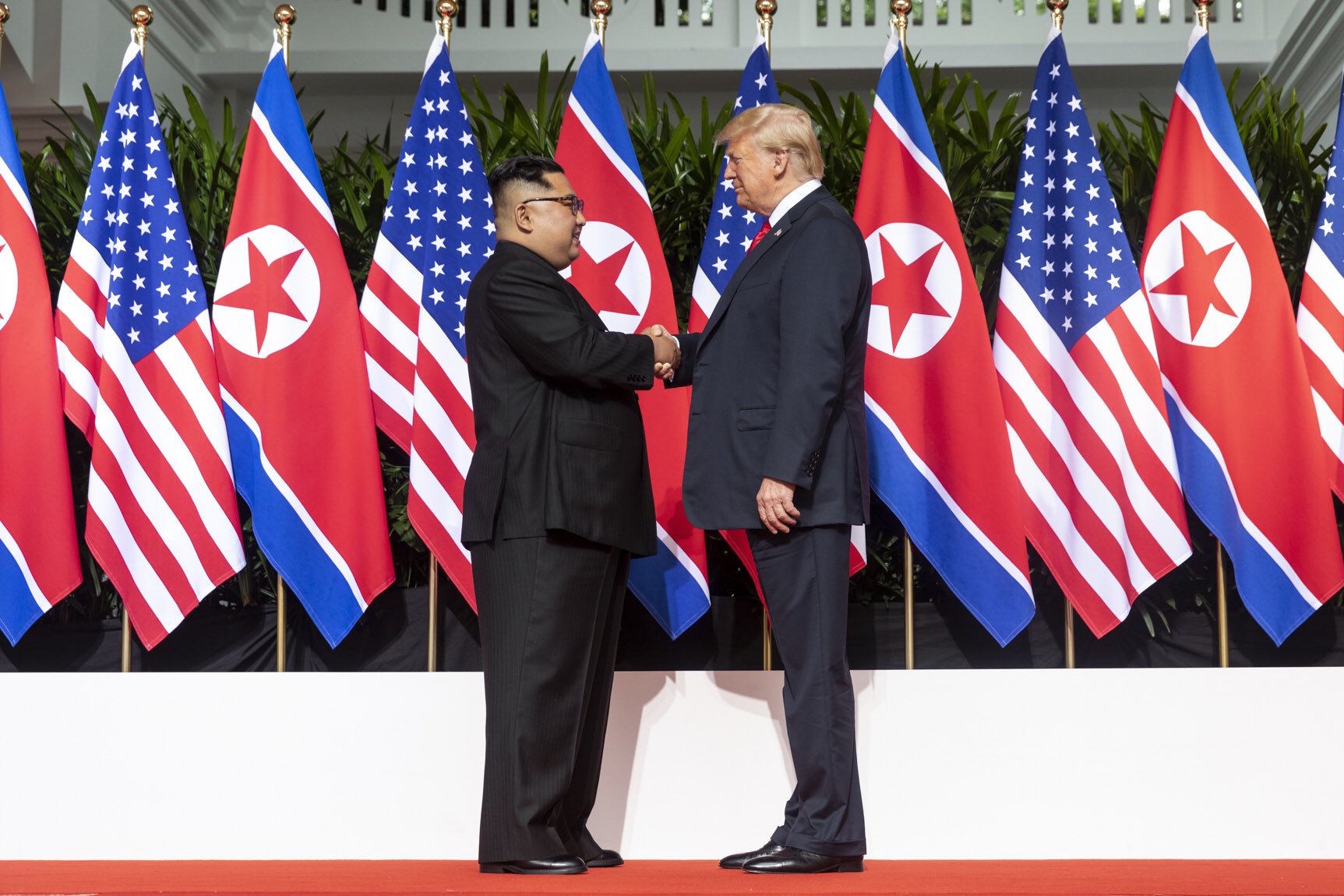
The expectation of finding a common path toward the central goal of effectively denuclearizing the Korean Peninsula was clearly frustrated this time following the recent summit between United States and North Korean leaders in Hanoi, located in now thriving Vietnam. There was no important progress or agreement on any issues to announce. The joint effort was marked by the color of failure, damaging its credibility.
According to the Americans, the reason for the unexpected breakdown was the unwavering demand from North Korea that the U.S. immediately lift the harsh economic sanctions that are hammering the weak North Korean economy, without offering anything in exchange. This is something that is certainly unusual for international negotiations, which normally entail intense advance work from the respective delegations and reaching well-defined advances prior to the meeting between the top leaders for the parties. Negotiations will now have to continue at a technical level and at a different pace. North Korea, however, may have shed its image as a hermit country in order to pursue its sudden inclination for dialogue.
However, the astonishing sense of failure will not help future negotiations, and reciprocal trust has apparently been damaged by an opportunity that, in all truth, has been wasted. It reached the point that forced the abrupt cancellation of a lunch planned for both delegations in the dining room of the historic Metropole Hotel in Hanoi.
Unfortunately, the dangerous and certain nuclear threat from North Korea remains intact for now, to the concern of everyone. This includes Donald Trump, for whom the outcome was a notorious and unexpected failure; an inconvenient blow at a time when the domestic scene is already campaign driven.

Leave a Reply
You must be logged in to post a comment.